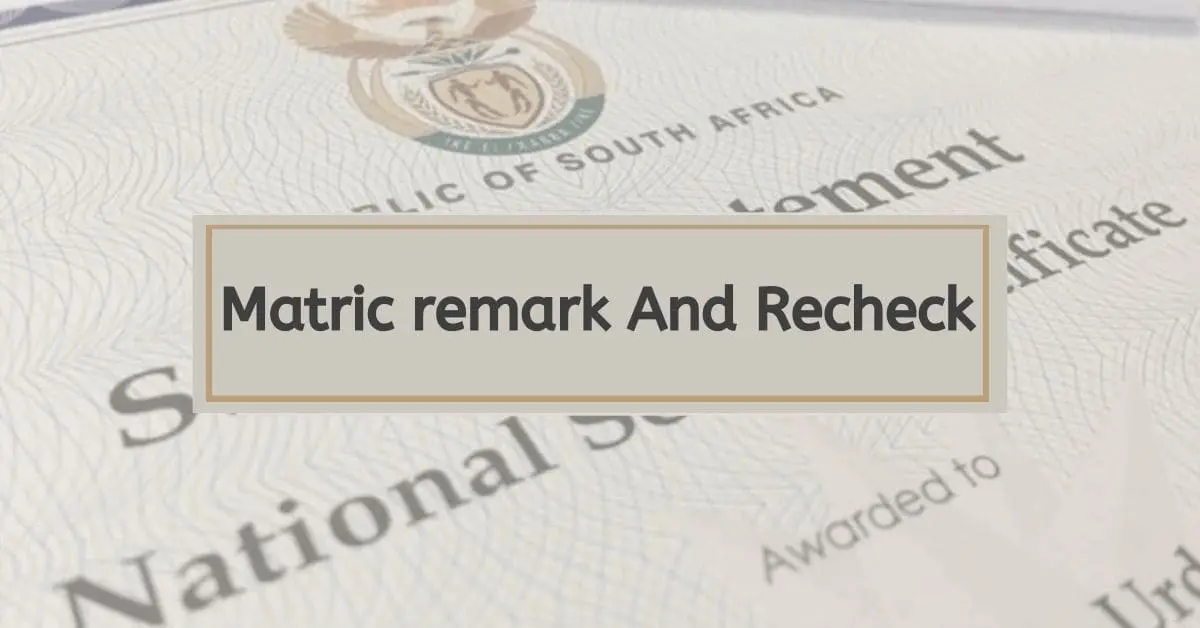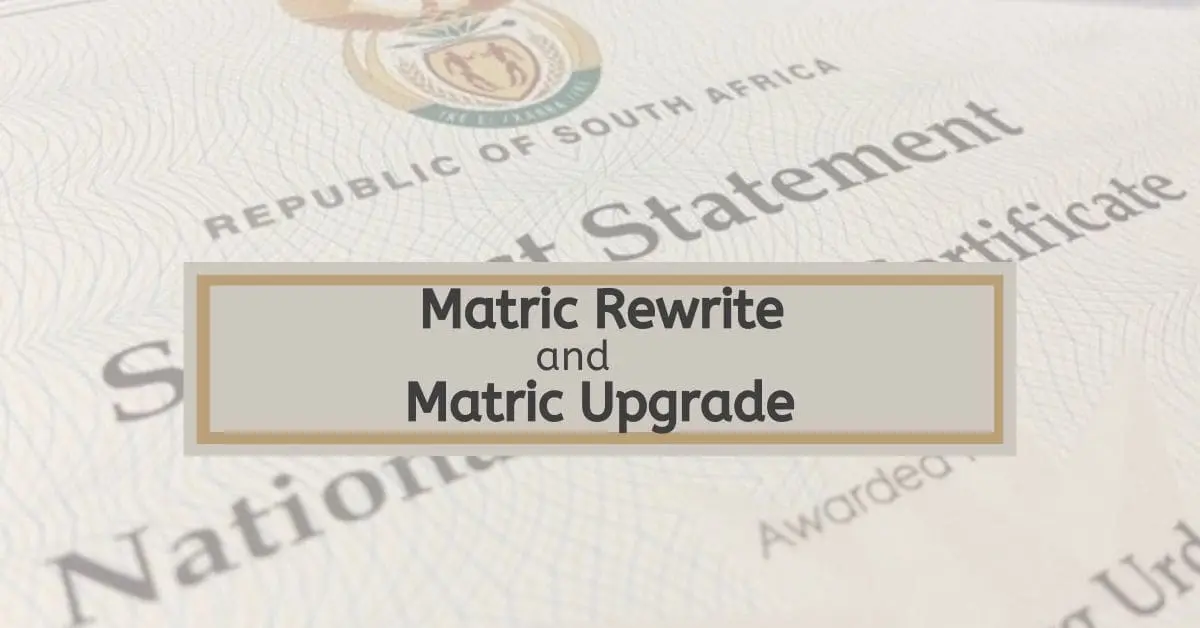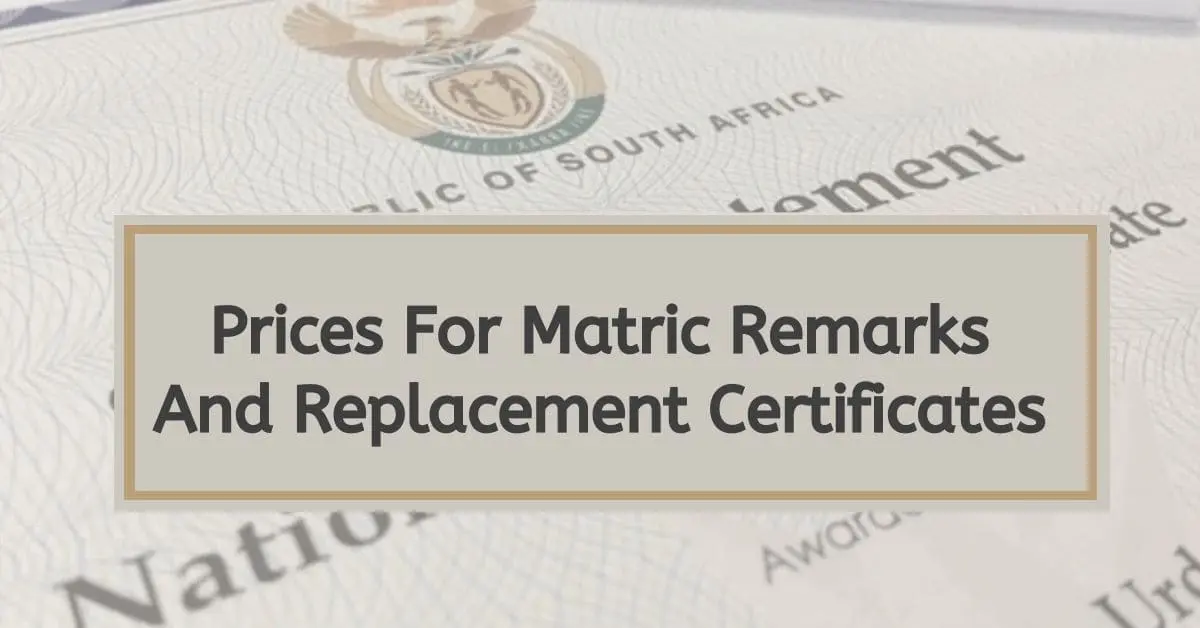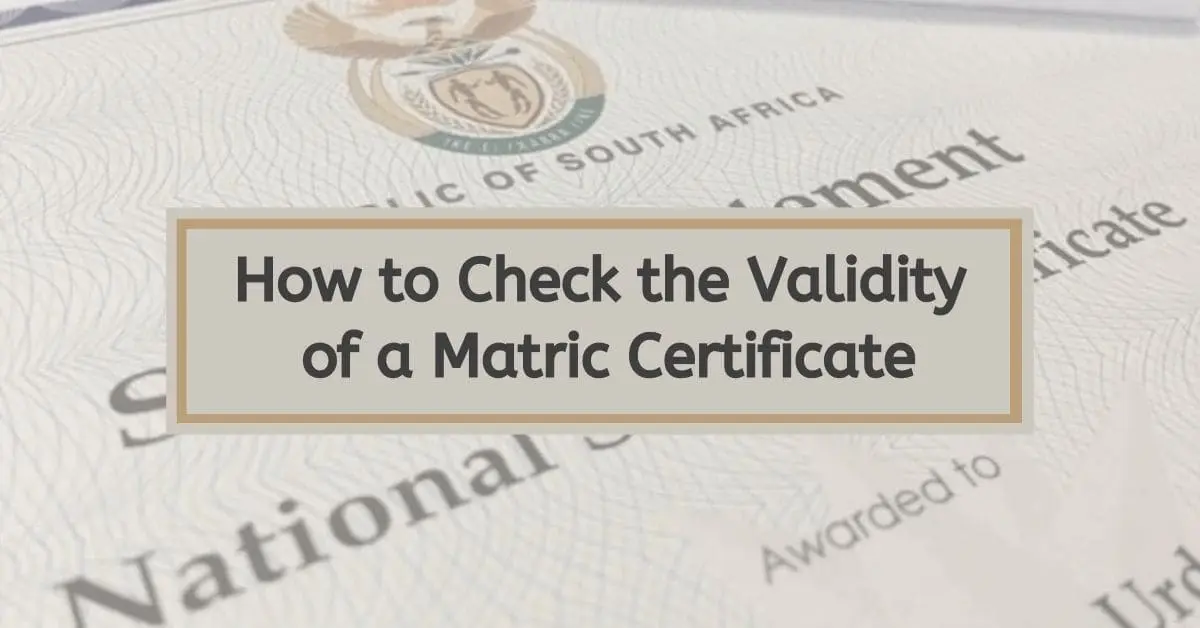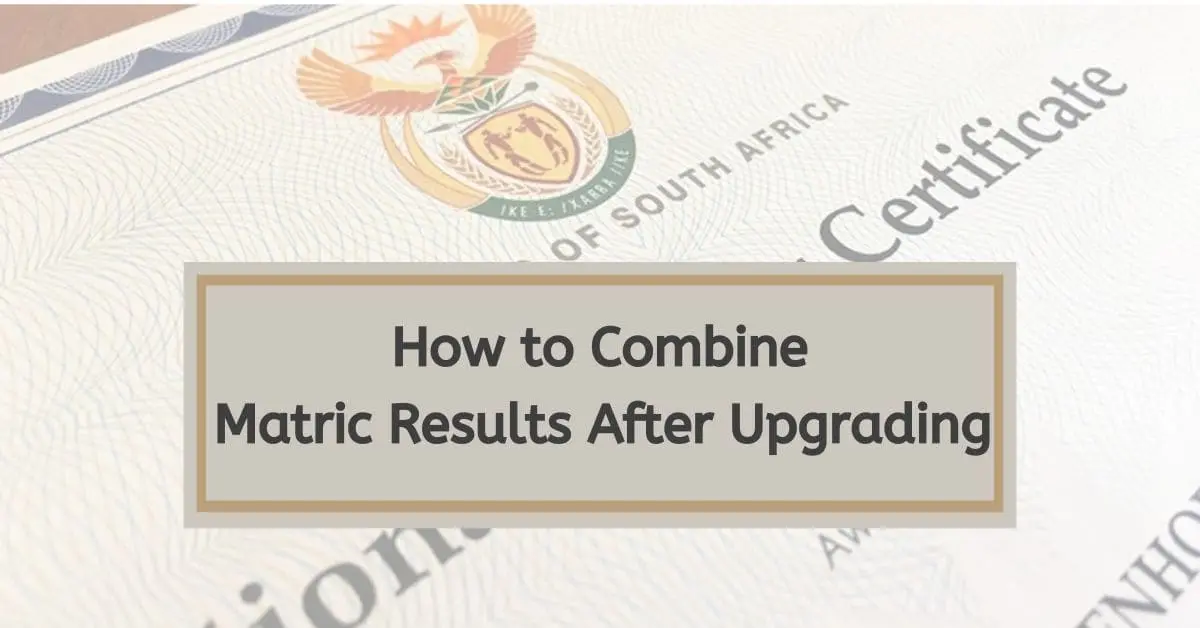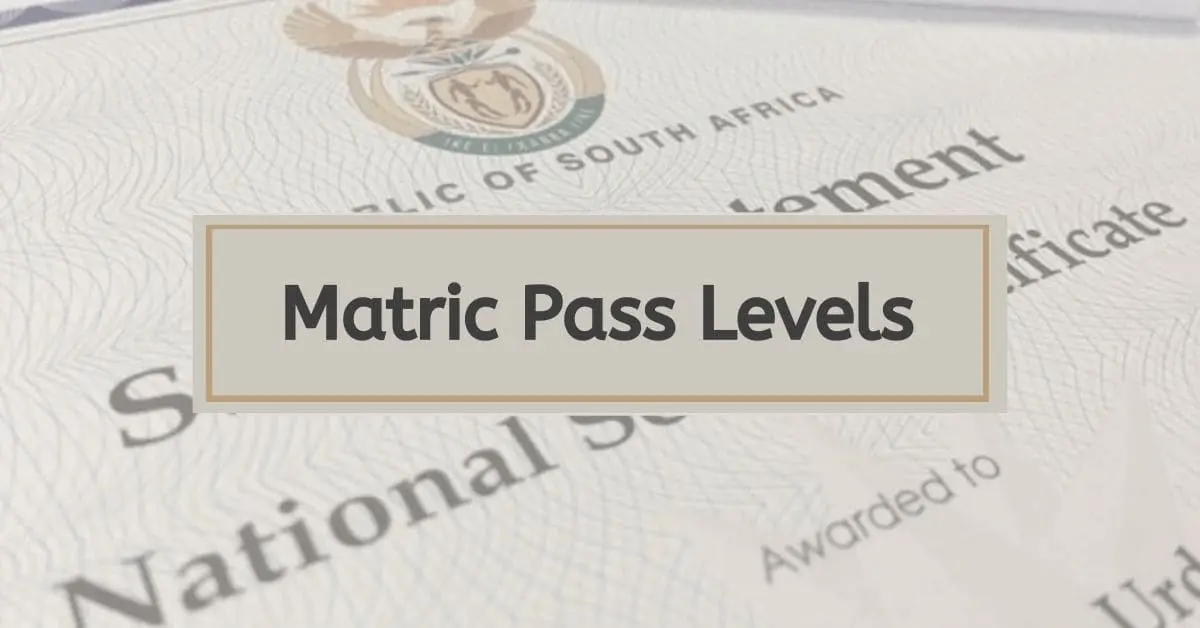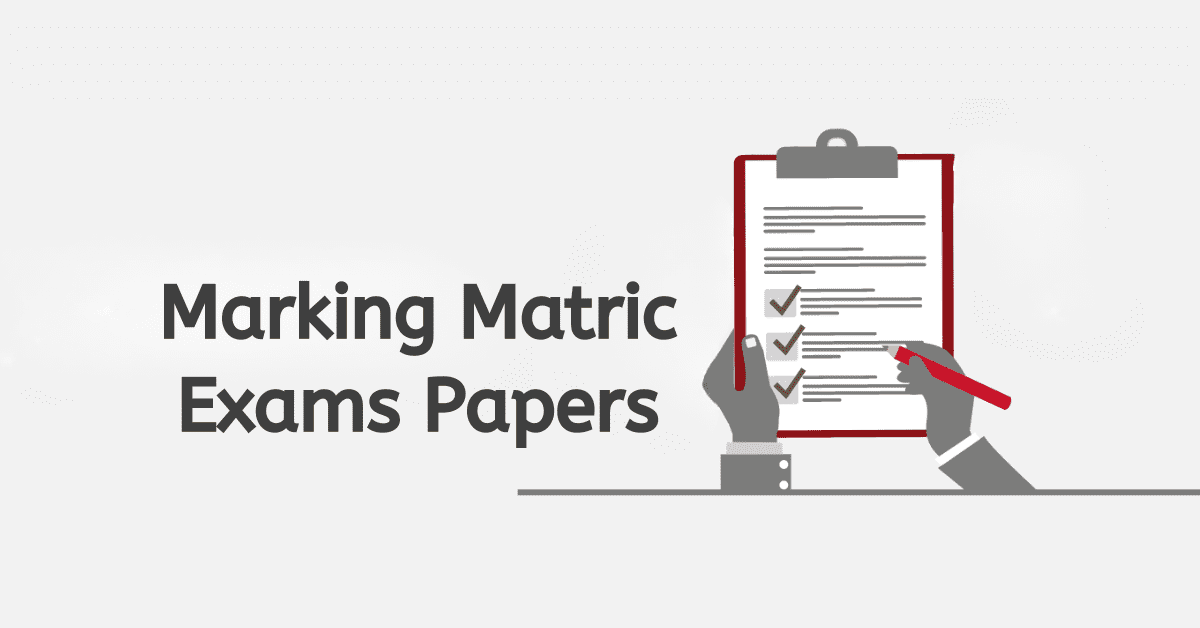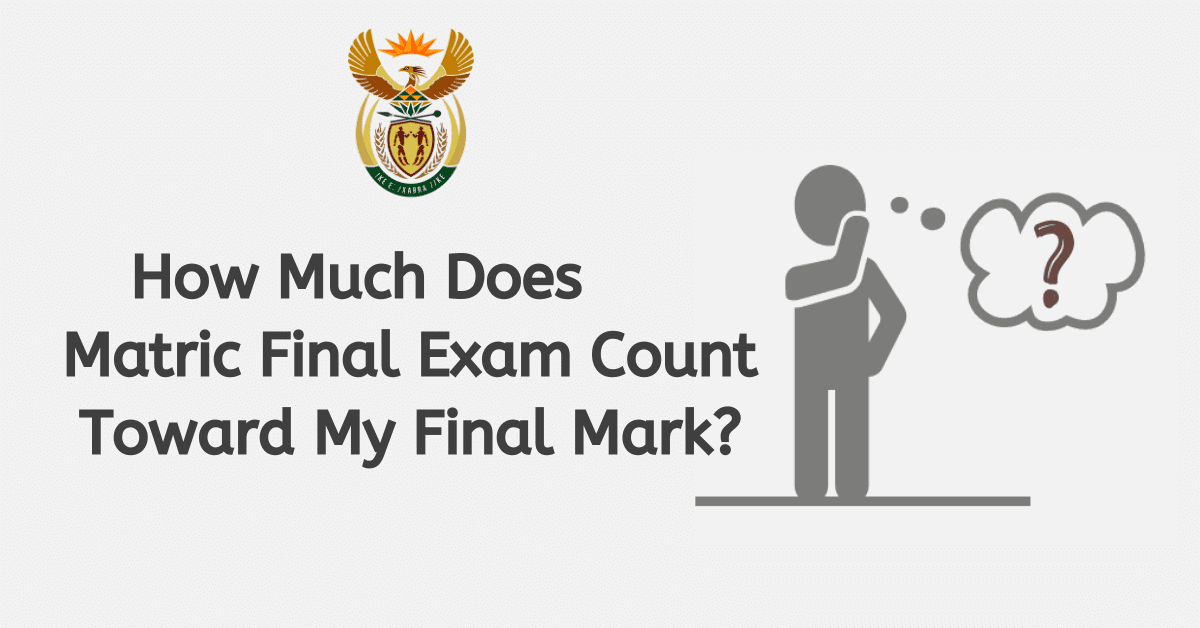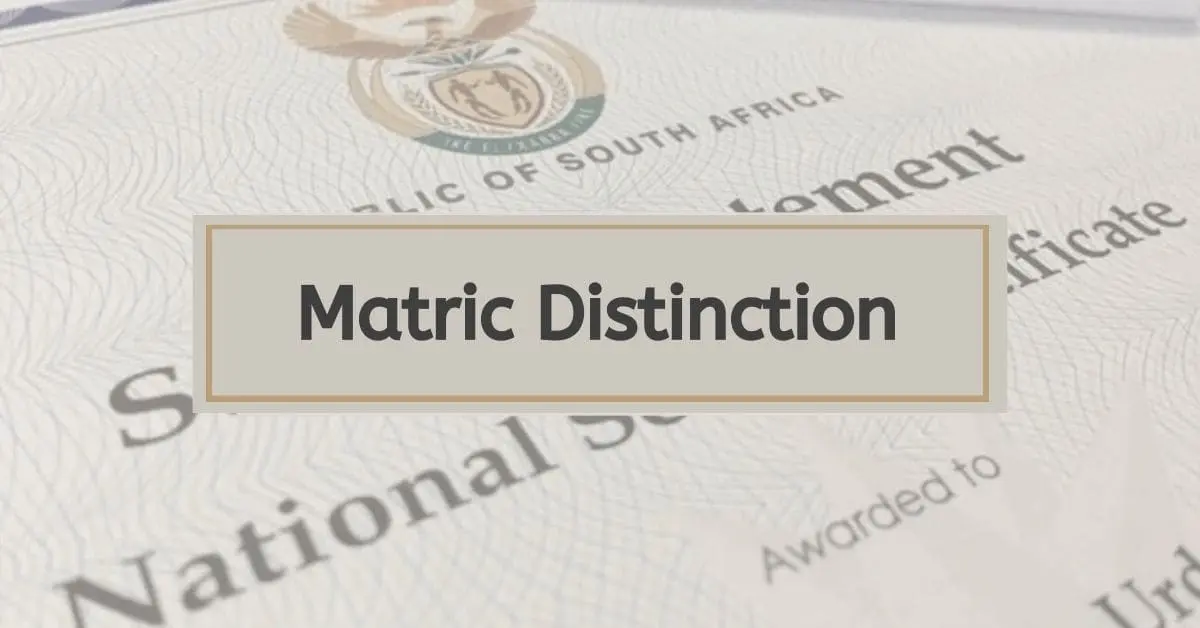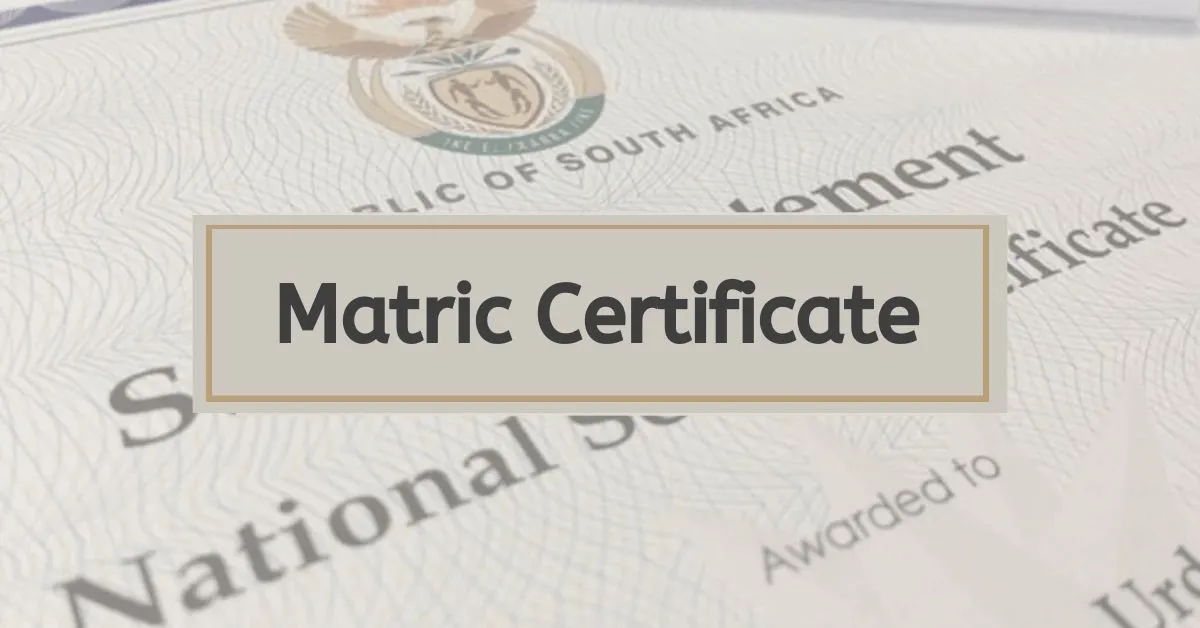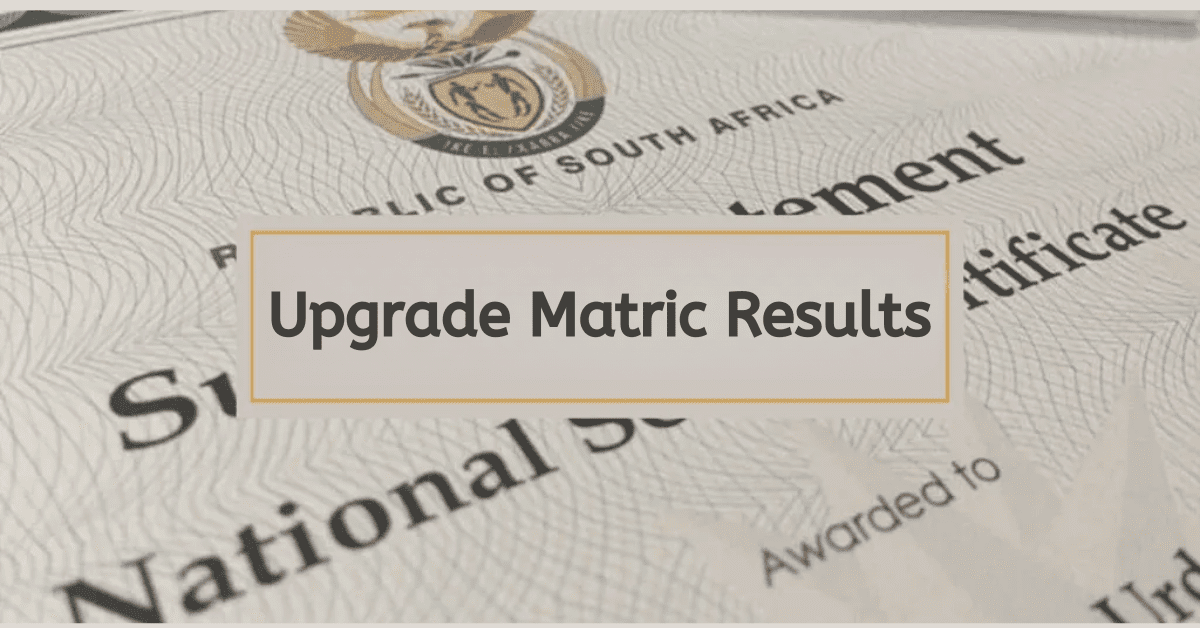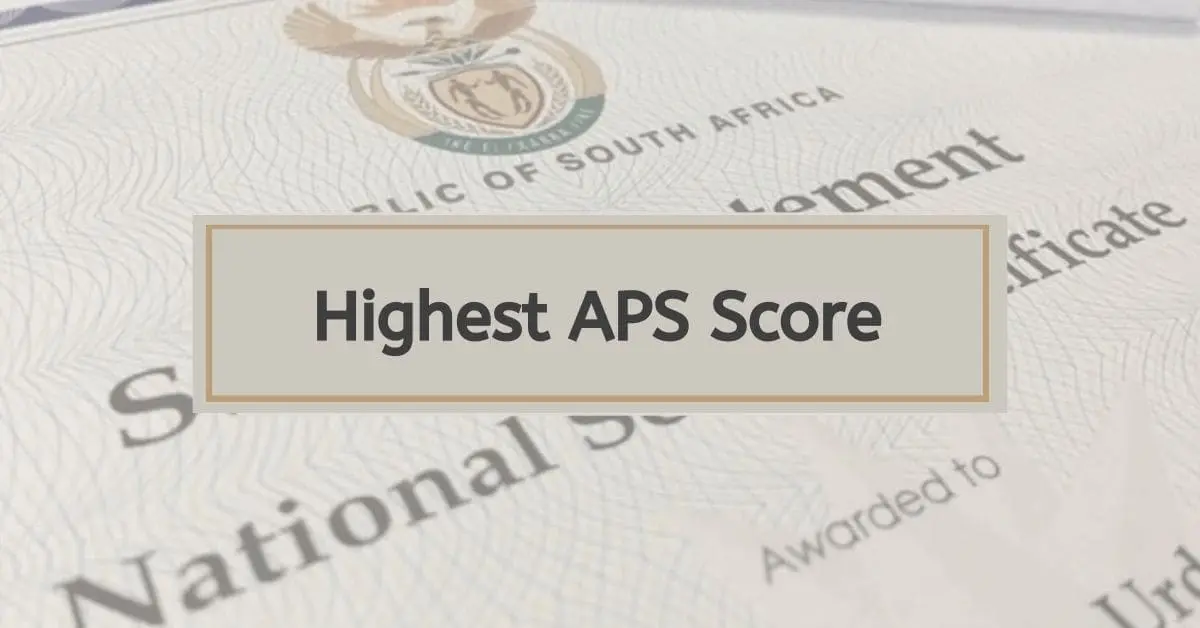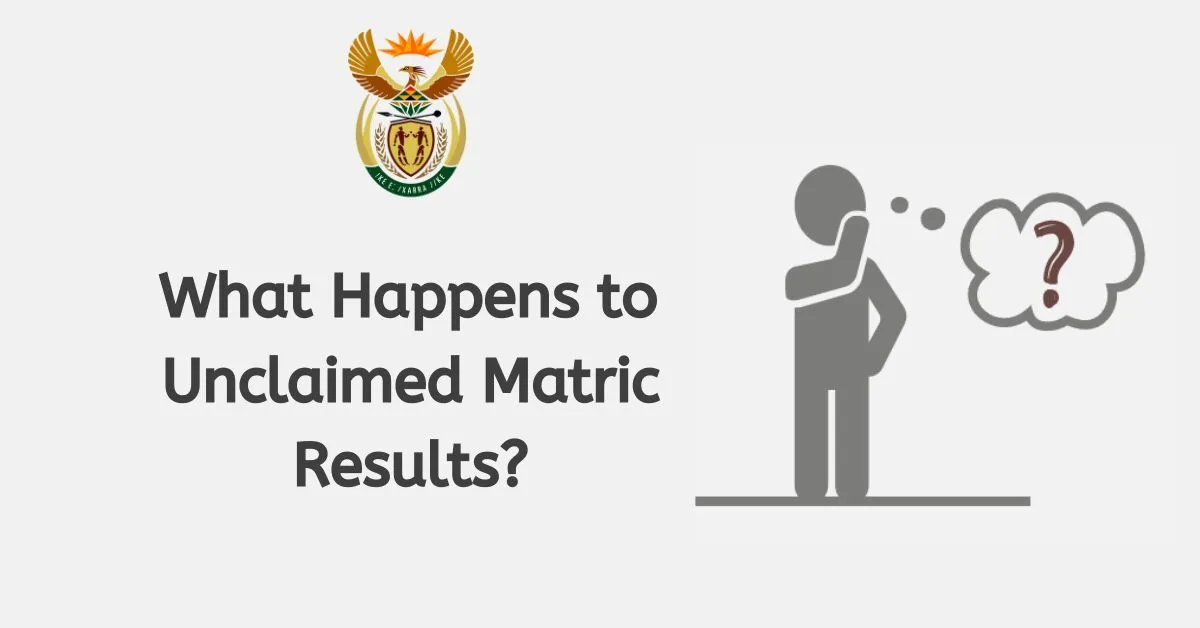Hierarchy has always been part of every organization, and it is the inner detail that tends to reveal its influence.
There is always a contention about qualifications and their importance in educational institutions. This form of authority comes in a hierarchy form to determine the pros and cons of each of the qualifications.
In South Africa, the national qualification framework, which is shortened as the NQF is in different levels. This is regarded as another important qualification in tertiary but what makes it unique is a question that banter a lot of people.
As students progress to this level of education, they embark on a new phase of their academic journey – the transition from undergraduate to postgraduate studies. This transition signifies a substantial leap in both the level of academic rigor and the depth of specialization.
The NQF level 7 qualification looks at almost the same curriculum as that of a bachelor’s degree and even goes beyond that.
In this blog post, we will look at what exactly the NQF level 7 qualification is all about.
What is a NQF level 7 qualification in South Africa?
There is a significant organization in South Africa called the South African Qualifications Authority. The authority plays a crucial role in the country’s educational system and follows the regulations set out in the National Qualifications Framework Act No. 67 of 2008.
Have you ever encountered the term “NQF 7” and found yourself wondering about its meaning?
Typically, individuals acquire these credentials by successfully completing a challenging course of study, showcasing a comprehensive understanding of a specific subject, and fulfilling the requirements established by educational institutions.
Level 7 qualifications are commonly regarded as a significant milestone on the path to progress in the academic field.
To obtain this, you need to successfully complete a degree program at a university or any other institution of higher education.
This framework consists of principles and guidelines that guarantee your accomplishments are recognized and recorded nationwide.
The main focus is on acknowledging and honoring the skills and knowledge you have gained during your learning journey.
The National Qualifications Framework (NQF) plays a vital role in establishing a comprehensive system that encourages lifelong learning. Whether you are a student, a professional, or someone seeking to improve your skills, the NQF is available to provide support throughout your journey.
What is level 7 equivalent to?
South Africa acknowledges the significance of Level 7 in the National Qualifications Framework and places great emphasis on aligning it with global educational standards as well as the specific requirements of the country’s economy and society.
Level 7 qualifications play a crucial role in enhancing South Africa’s intellectual growth, innovation, and sustainable development by providing individuals with advanced cognitive abilities and specialized skills.
Many of those who do not understand the NQF level 7 may undermine it. Emphatically, the NQF level 7 is equivalent to a master’s degree.
In this sense, individuals who study bachelor’s degree and move to a m aster’s at the end are equal to people with NQF level 7. Equal in the sense that their qualification power is within the same basket when grouped.
Is a national diploma NQF level 7?
When it comes to qualifications, diplomas can be seen as another aspect that can be compared to the National Qualifications Framework. Just like there are various qualifications such as diplomas, degrees, masters, and so on, the NQF (National Qualifications Framework) also has its own academic ladder with its prerequisites.
On the flip side, national diplomas are qualifications that have been registered and quality assured by the QCTO. The levels of these can vary from NQF level 5 to NQF level 7. It’s important to understand that a Diploma is not equivalent to an NQF level 7.
At the moment, the national diploma is not at level 7 of the National Qualifications Framework.
How do I know my NQF level?
It is obvious not everyone can understand the levels of the NQF and what they actually mean. And to even know, a lot of background must be done to understand the concept.
To know your NQF level, you can request to see your academic statement from your institutions. The document given will have the NQF level at the back.
Also, there are systems put in place by external stakeholders to determine your level based on the course and year you started your education.
It can be confusing at times for many but seeking the right assistance from your institution can help you know your NQF level.
What NQF level is a matric certificate?
Considering the different levels of different qualifications, it is essential to understand where you fall in every qualification.
Most times, there are people who may want to compare their qualifications to understand what their strengths may be in the job field or the academic side.
This helps people understand what they hold, where they can move from, and how they can grow in the aspect of qualification.
The matric certificate has its relation with the NQF, but each level represents a qualification. The matric certificate is considered to be at the NQF level 4. This means students or individuals studying and progressing to NQF level 4, may be regarded as matric graduates.
What is the difference between Level 7 certificate and diploma?
Certainly, there is a difference between a level 7 certificate and a diploma. This has to do with the requirements for this qualification and admission.
The difference between a level 7 certificate and a diploma looks more at the knowledge, skills, and insight they offer. The overall difference comes from the education these qualifications can give to people.
In South Africa. Level 7 certificates offer a deep dive into a subject and provide a solid foundation of knowledge and abilities. While a Level 7 credential covers more theoretical and practical knowledge, it covers the subject more thoroughly. Diplomas need more time and greater coursework. Both levels indicate better education attainment, although a Level 7 diploma often indicates more concentration and competence than a certificate.

